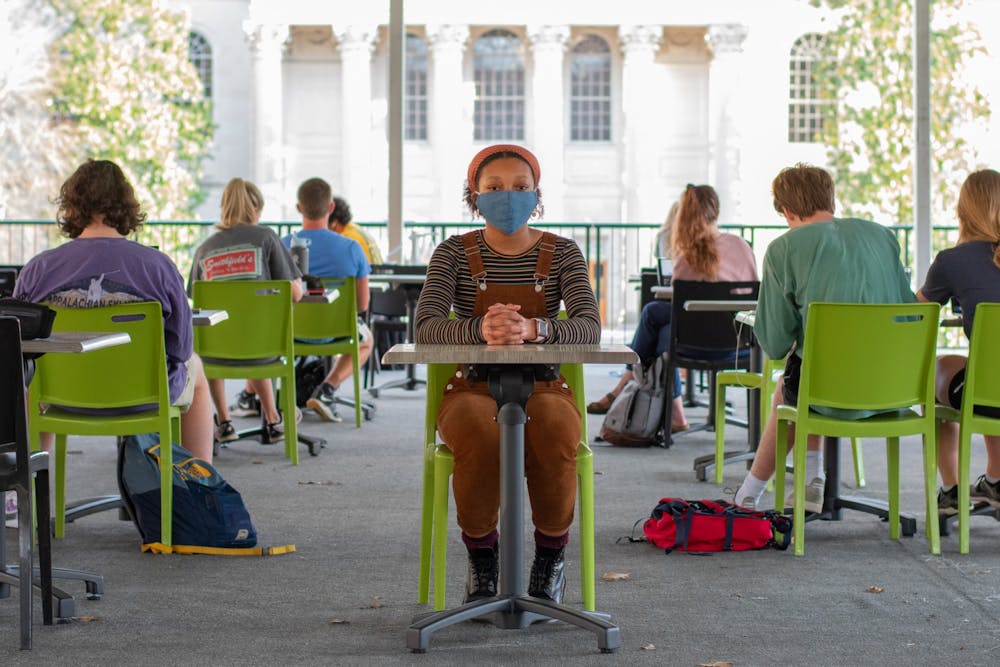Code-switching is a powerful psychological tool where an individual uses a certain group's dialect or accent to appease a particular audience. There is a distinct variation in language when speaking to friends, family or authority figures — and code-switching is used to navigate those spaces.
J. Michael Terry, an associate professor in UNC's Department of Linguistics, said it is natural to vary the way one speaks based on situational context.
“We're either consciously or unconsciously varying the way that we speak in response to the context in which we're in, response to the ways in which the context of people that we're around and, a lot of times, how we're likely to be perceived.” Terry said.
In different spaces, not all language is valued equally, and the way people speak can create in-groups and out-groups.
“Those characteristics of language that become associated with people of color have such negative connotations and are viewed from the outside as being somehow not only different from but defective," Terry said. "And that's part and parcel of a view that says that people of color are somehow defective."
Aaliyah Goodman, a senior majoring in global studies and public policy, said she has found herself using less African American vernacular in professional settings than when she's with her friends, because she knows using that specific dialect can be seen as a sign of less education.
“I've been told that I talk like a white girl, which, there are many problems with that, but people tend to see you as different if you speak a certain way,” Goodman said. “They tend to assume things about me based on the way that I speak.”
Terry said whenever he'd watch the news with his father as a child, his father would remind him that their language deviated from the idealized standard of modern English. To this day, he remains interested in how some deviations are treated compared to others.
“You go and watch the news, and what you'll see is that just like people in everyday conversation, that those people in those positions of authority are always deviating in some way from this so-called standard,” Terry said. “But some deviations are racially and ethnically marked, some deviations are marked in terms of class, and so, not all deviations count against you in the same way. Some deviations will allow you to be an authority on TV reading the news, and others will prevent you from being in those positions.”



